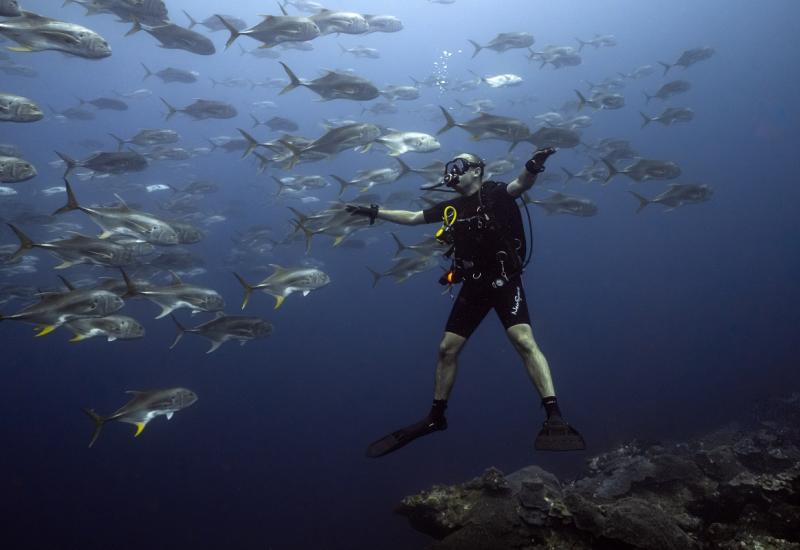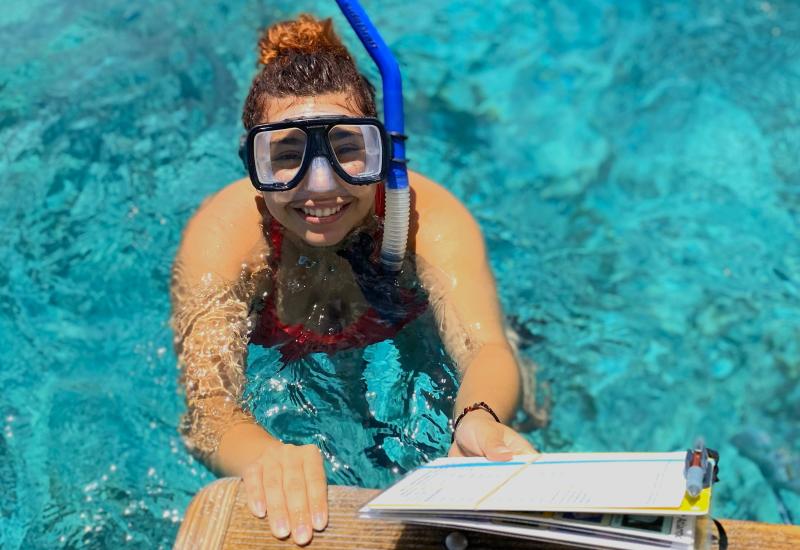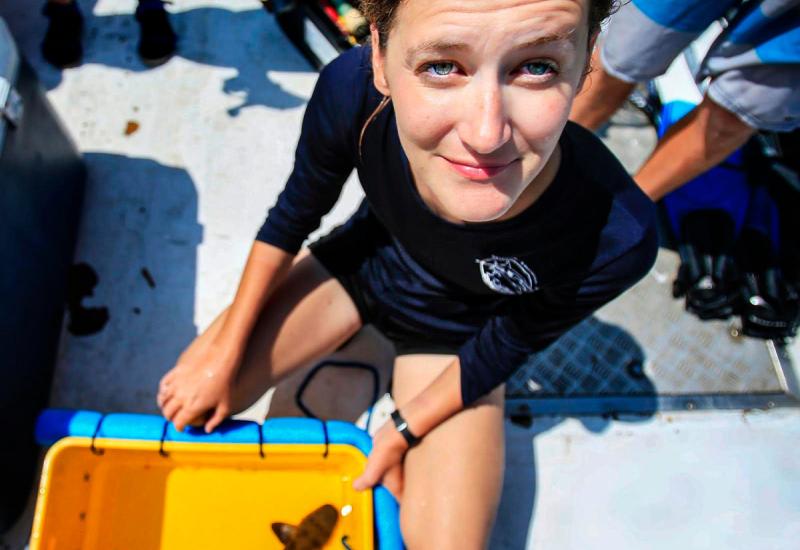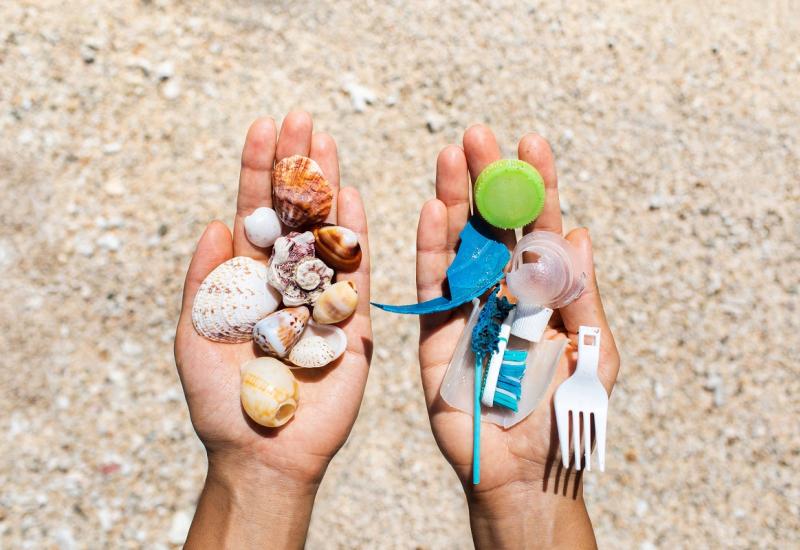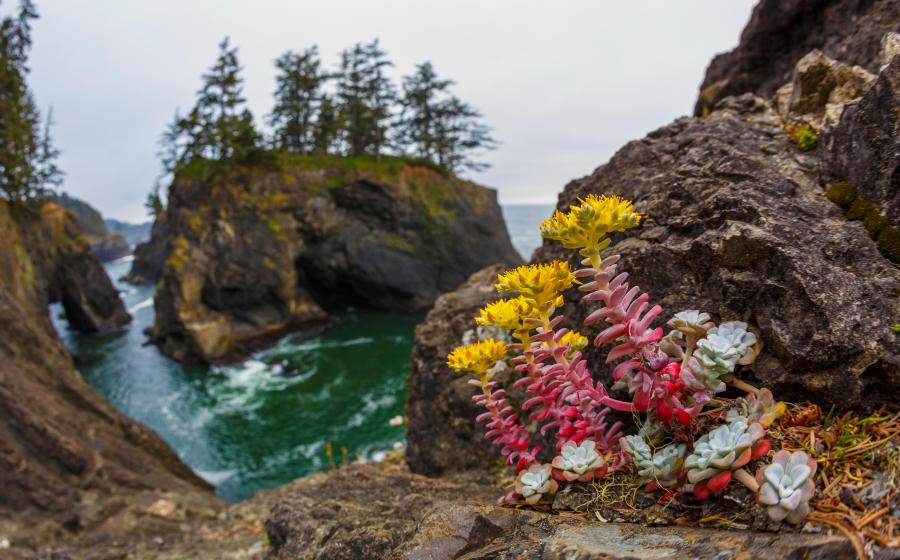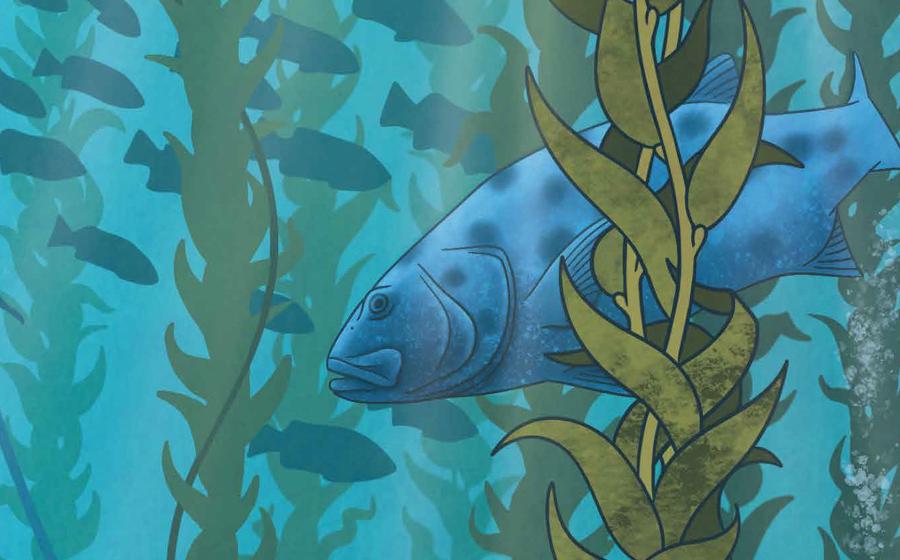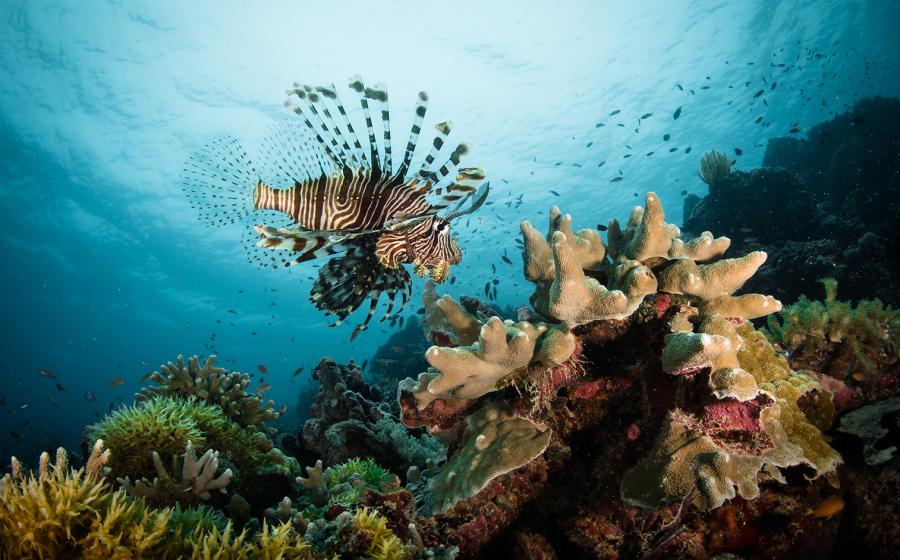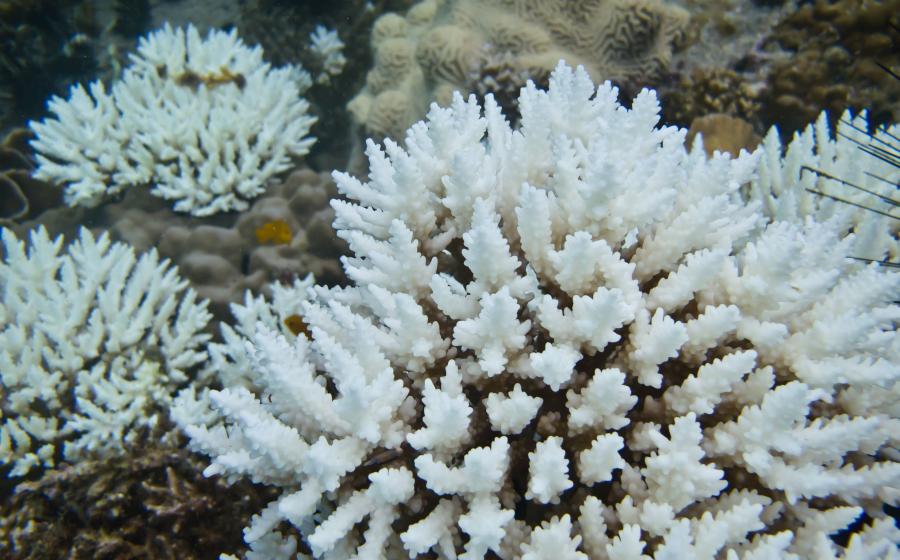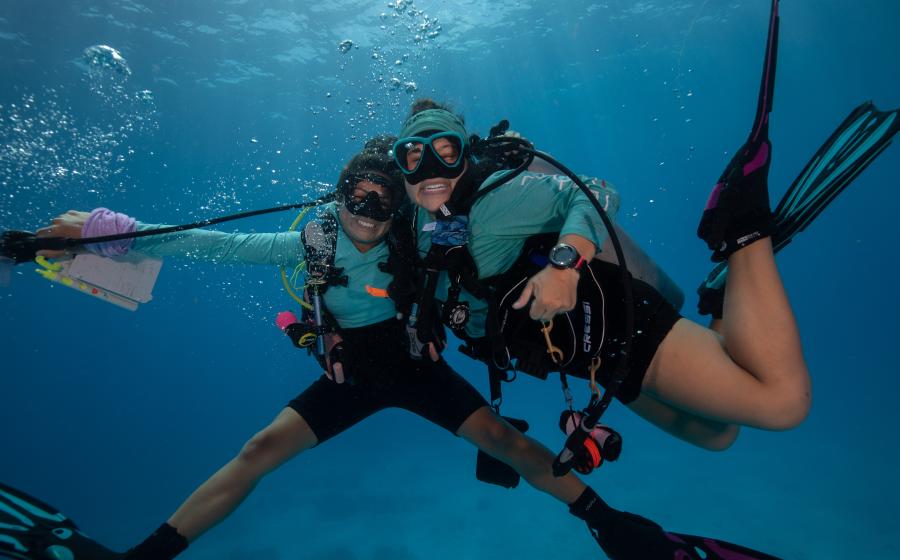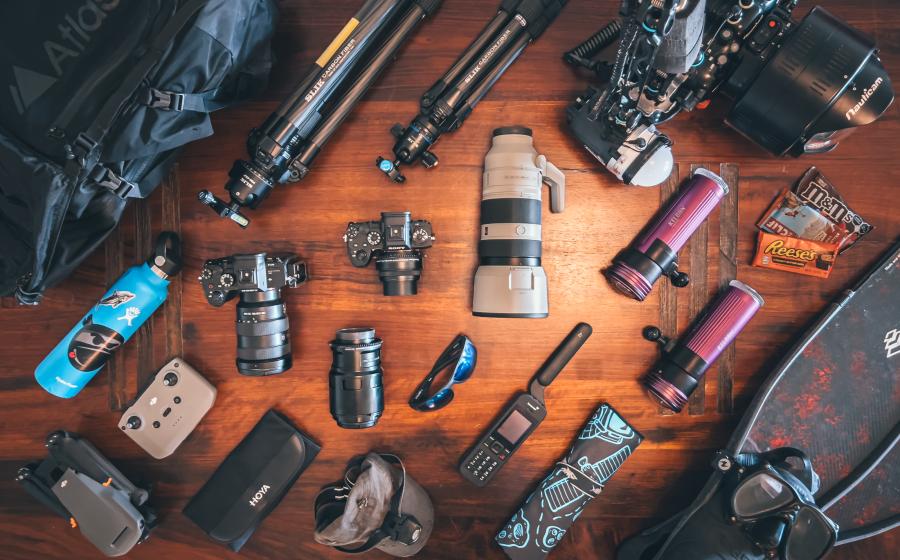CORAL Club: How South Florida High School Students Advance Local Conservation
Florida’s signature coral reefs have been around for centuries, and now, students at Miami’s South Broward High School are banding together to ensure their health for future generations.
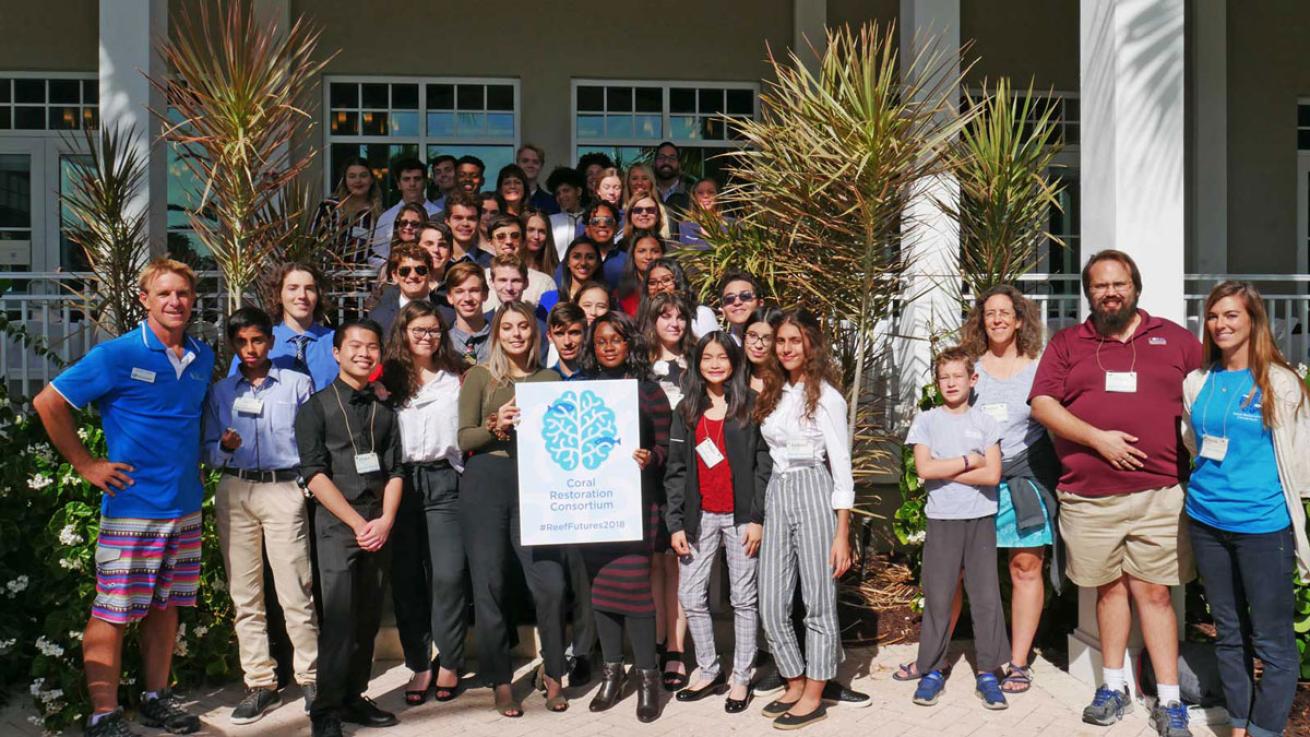
Courtesy CORAL Club/Jackie NovalC.O.R.A.L. members at the Reef Futures 2018 Coral Restoration Consortium. They were invited by the Coral Restoration Foundation (CRF) as special guests and fortunate enough to meet Nathan Cook, renowned Environmental Ecologist (far left, blue shirt). Derek Hagen and Alyssa Reed, their CRF Educational Representatives are on the far right, in the red shirt and blue shirt.
The C.O.R.A.L club, which is dedicated to “Conserving our Reefs at Artificial Levels,” partners with local organizations to advance coral restoration projects and get high-school students scuba certified.
Current FSU environmental science and policy major Jackie Noval helped found the club after hatching the idea with her friends in May 2017, the end of her sophomore year of high school.
“We all came together one day after school and said there’s a problem in the ocean — our coral reef populations are dying — and we want to know what we can do to mitigate that,” Noval, who now acts as a club mentor, says.
The original idea was to create their own artificial reef out of donated recycled concrete.
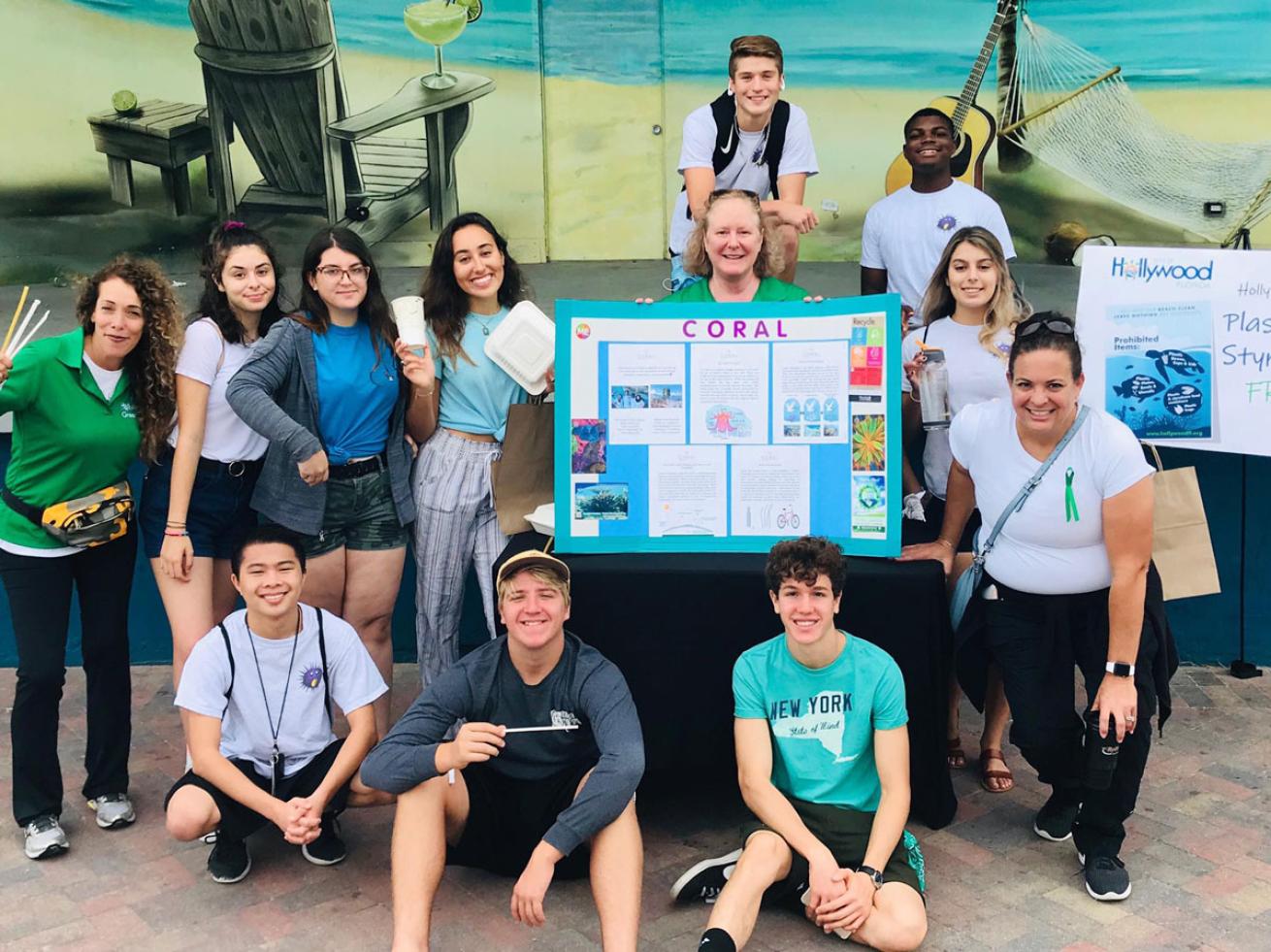
Courtesy CORAL Club/Jackie NovalC.O.R.A.L. members at the City of Hollywood Green Team’s Environmental Education event, where they educated the beach community on an ordinance that bans plastic and styrofoam on the boardwalk.
Students contacted the City of Dania Beach and the State of Florida and received a permit to build a reef on a seven-acre plot of seafloor shared with the U.S. Marine Corps. However, after realizing the barge to move the concrete offshore would cost about $30,000, they decided to switch gears.
“We made our long-term goal to build our own artificial reef, and we made our short-term goal to educate the greater community about the problem and form partnerships with organizations that are actively out in the water doing restoration projects,” Noval says.
The club’s first partner was the Coral Restoration Foundation in Key Largo, about an hour south of Miami. As Noval says, coordinating waivers for a high-school club is no small feat, so students started helping out on land, attending CRF events and building PVC coral trees. However, they were eventually able to get in the water and snorkel the nursery while CRF divers attached the club’s trees to the seafloor.
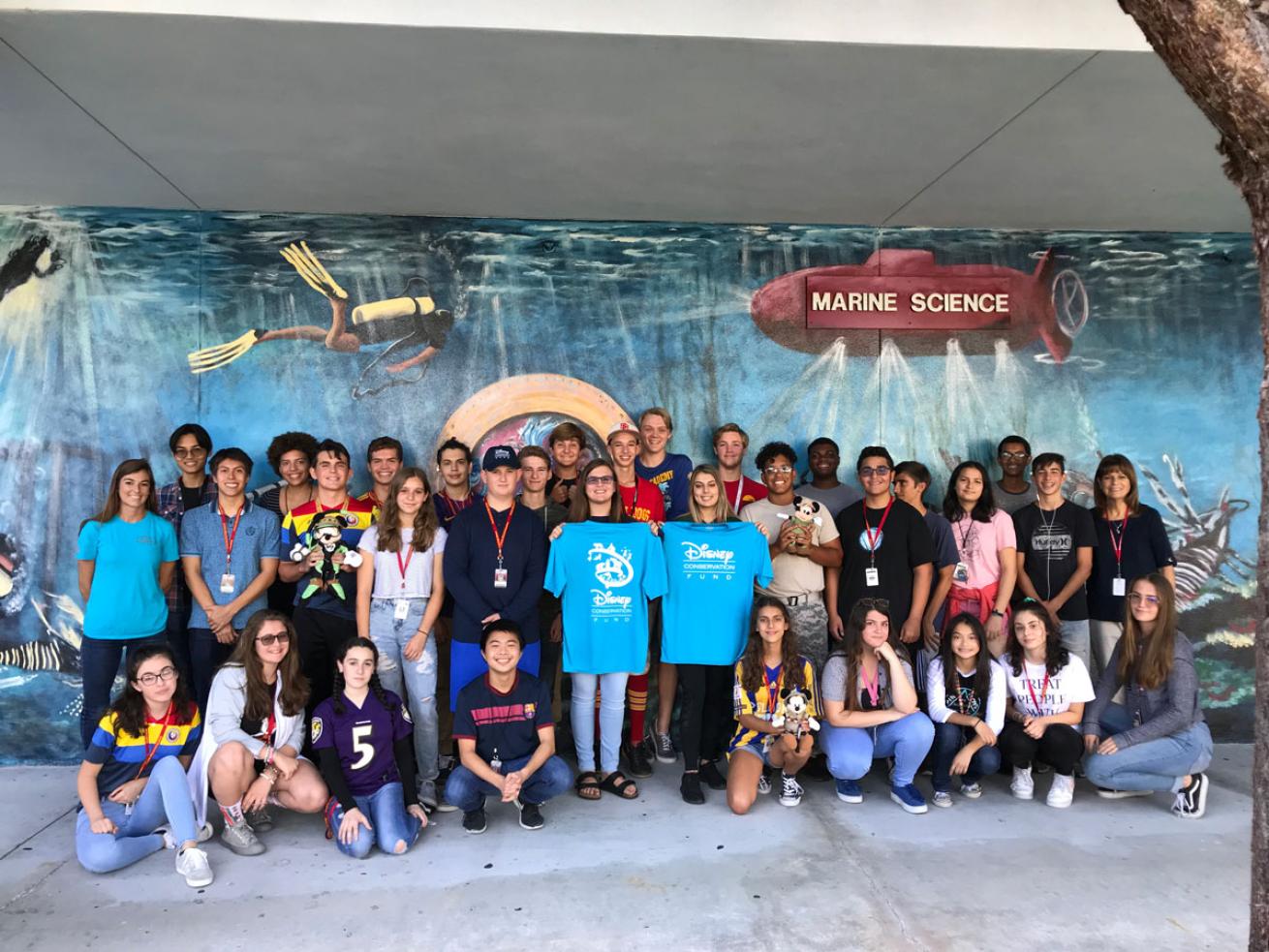
Courtesy CORAL Club/Jackie NovalC.O.R.A.L. members officially receiving the $50,000 Disney Conservation Fund in collaboration with Coral Restoration Foundation!
Additionally, the foundation helped CORAL secure a $50,000 Disney Conservation Fund grant to build their own coral trees and form a nursery on their plot of seafloor.
This past year, under the direction of current club president Barbara Jacobovitz and with Noval’s guidance, CORAL became part of the Urban Farming Institute of South Florida’s Reef Rangers program.
“We started growing coral fragments both in a laboratory at their site and in our classroom,” Noval says. “There are three coral tanks at South Broward in which we are slowly growing coral fragments to later outplant onto an artificial reef in West Palm Beach.”
While the school is closed to students due to COVID-19, STEM teacher Kevin Hagerty is looking after the polyps.
“We have three levels of maritime technology courses, and part of that program is aquaculture and aquaponics,” Hagerty says. “We’d had coral before in our aquaculture curriculum, and the CORAL Club, with the Urban Farming Institute, provided the opportunity to have it again.”
Along with the artificial reef project, UFI is helping to get all 50 or so club members dive certified, which Noval and Jacobovitz say will remain a focus in the upcoming school year.
“Giving a student the chance to get scuba certified is an impressive opportunity,” Noval says. “It opens up doors to different jobs and internships and new experiences. So that’s what we really want to focus on — just being able to get them in the water.”
For Jacobovitz, who’s been dive certified since her pre-teen years, the club has offered even better benefits.
“I’ve made so many connections and friends,” Jacobovitz says. “I used to not be able to speak to people, and now I advocate for the environment and for reefs. It helped me grow in that way, so I’m really grateful that I joined.”
Next year, she’s planning to expand the club’s advocacy efforts to reach more South Floridians, including future CORAL Club members.
“We’re going to try to go to elementary schools and talk to them and show the kids what’s going on,” Jacobovitz says, “because the younger you start, the better.”
As an avid diver who’s witnessed coral reefs change firsthand, Hagerty agrees.
“We try to encourage our kids to be better global citizens, and since we’re a marine magnet school, we do that in the context of marine-based applications,” he says. “The students have so much potential, and it makes me feel good that the next generation is so much more sensitive to the planet and to the things we need to do to create a more sustainable future.”

